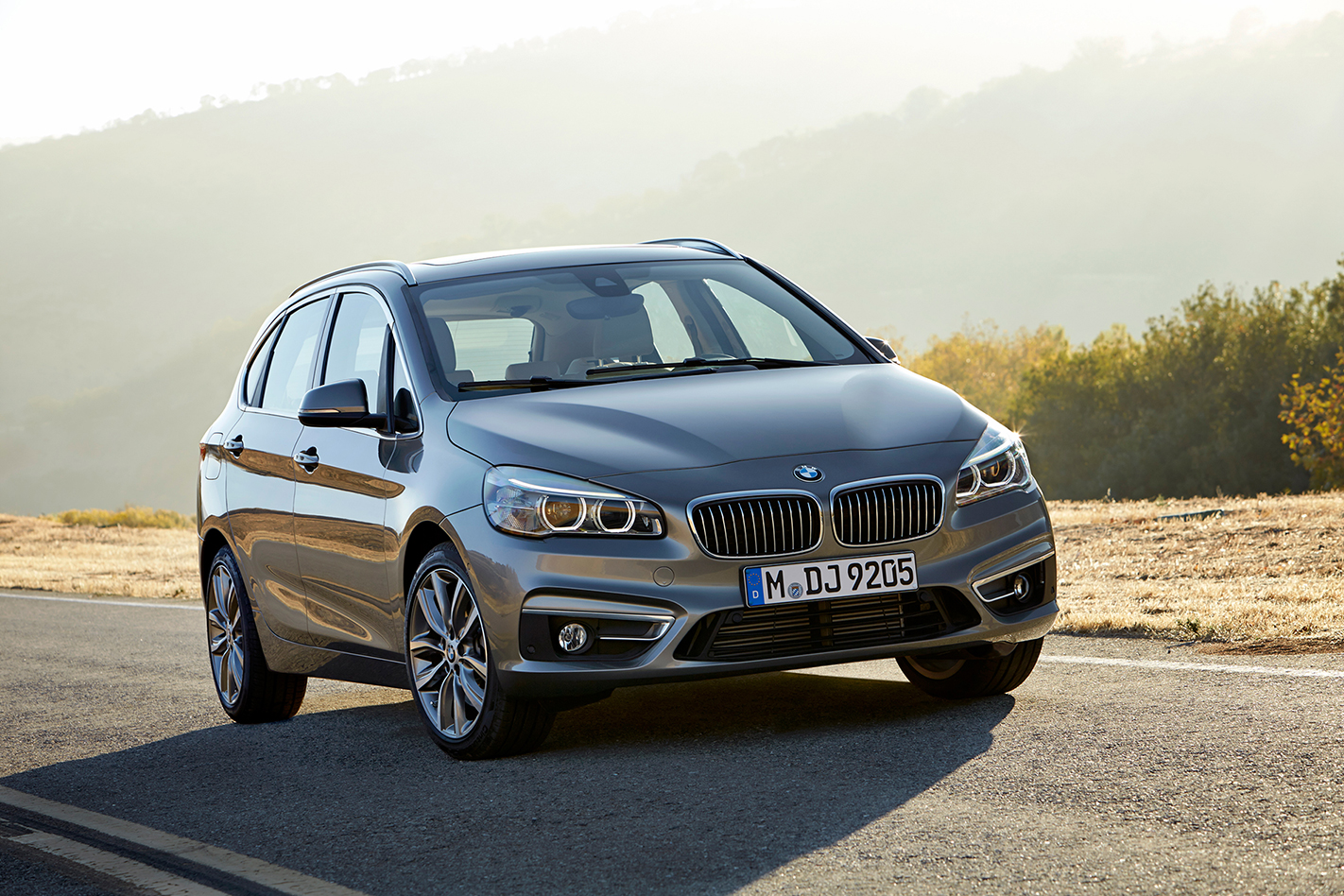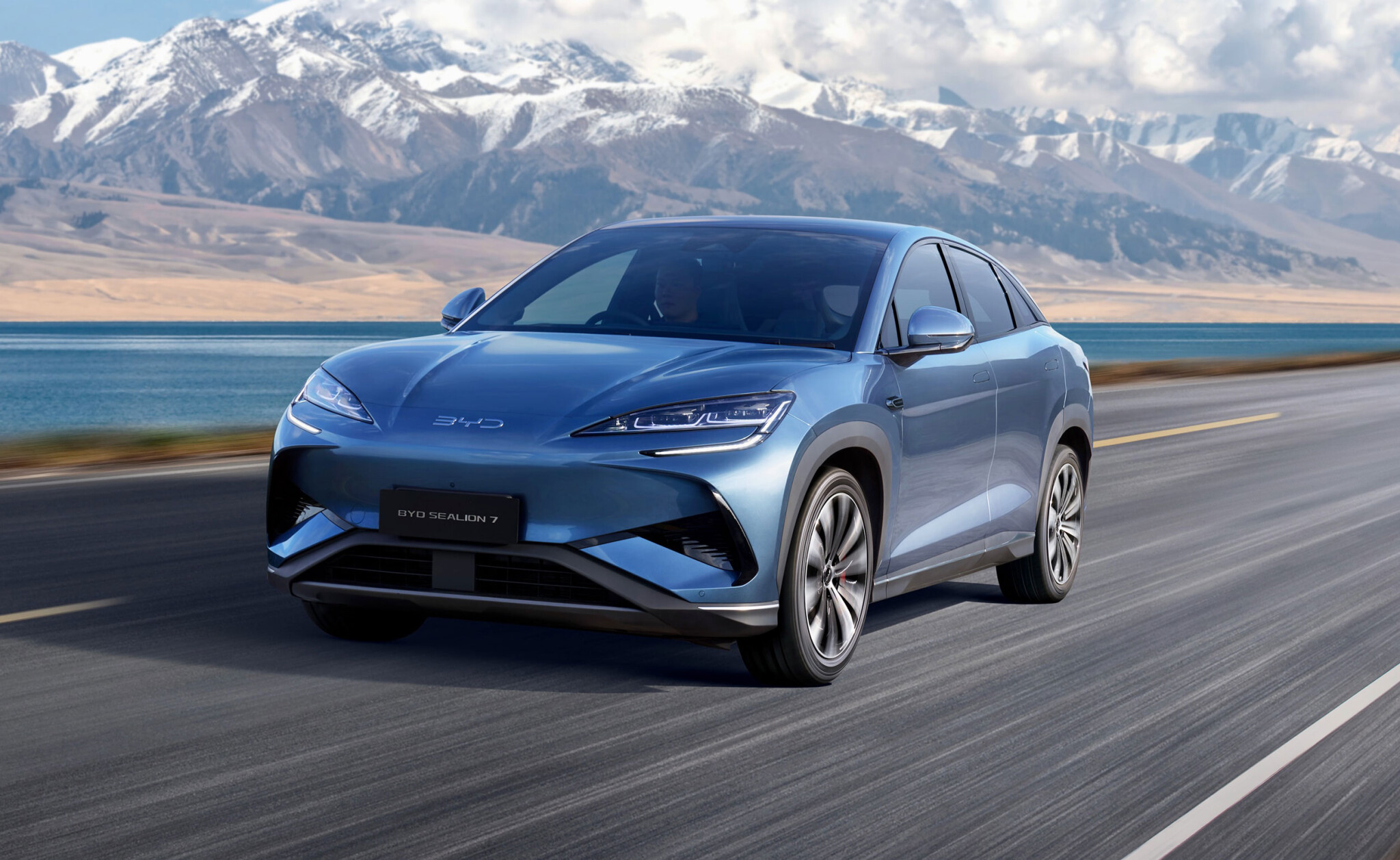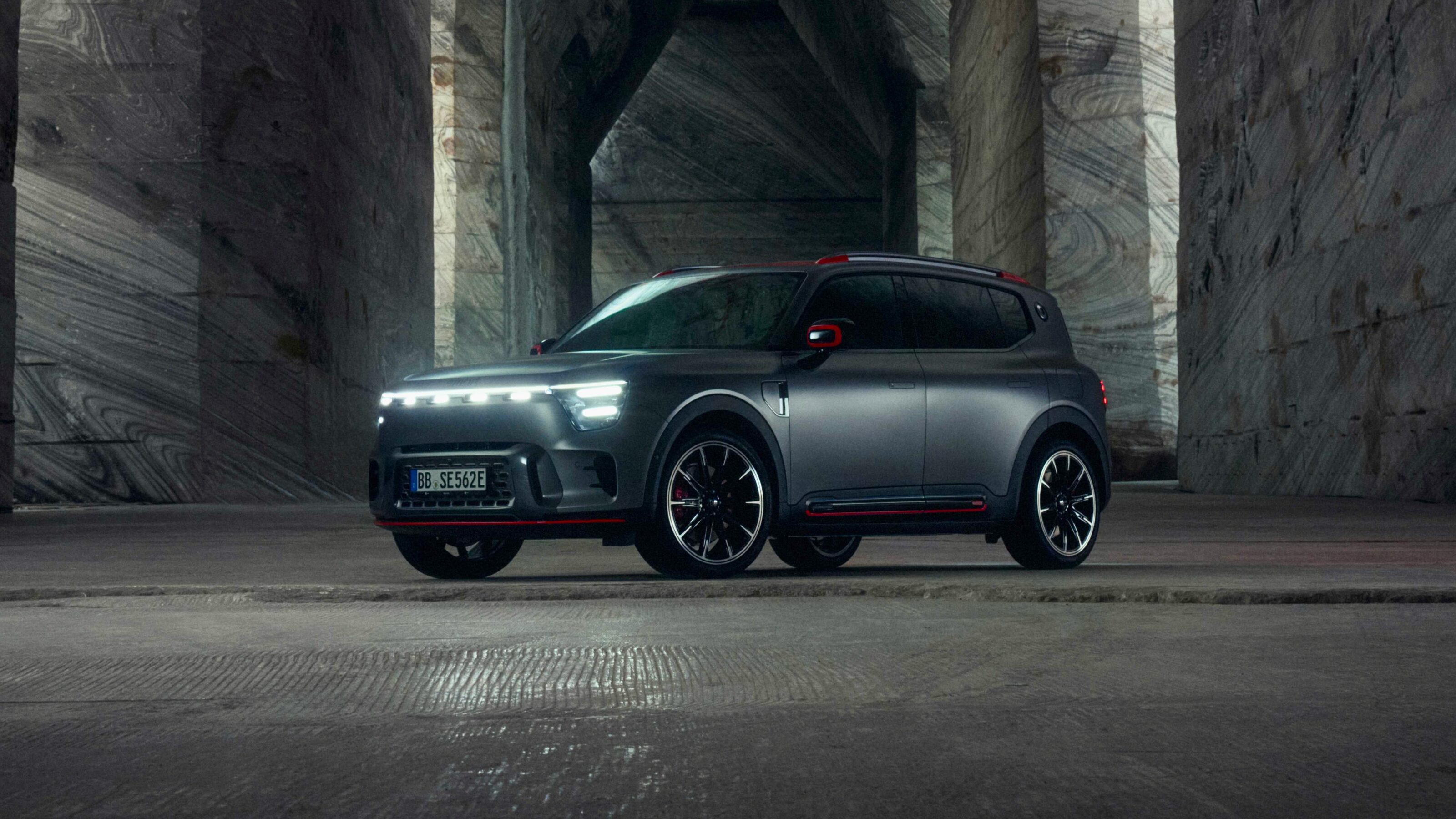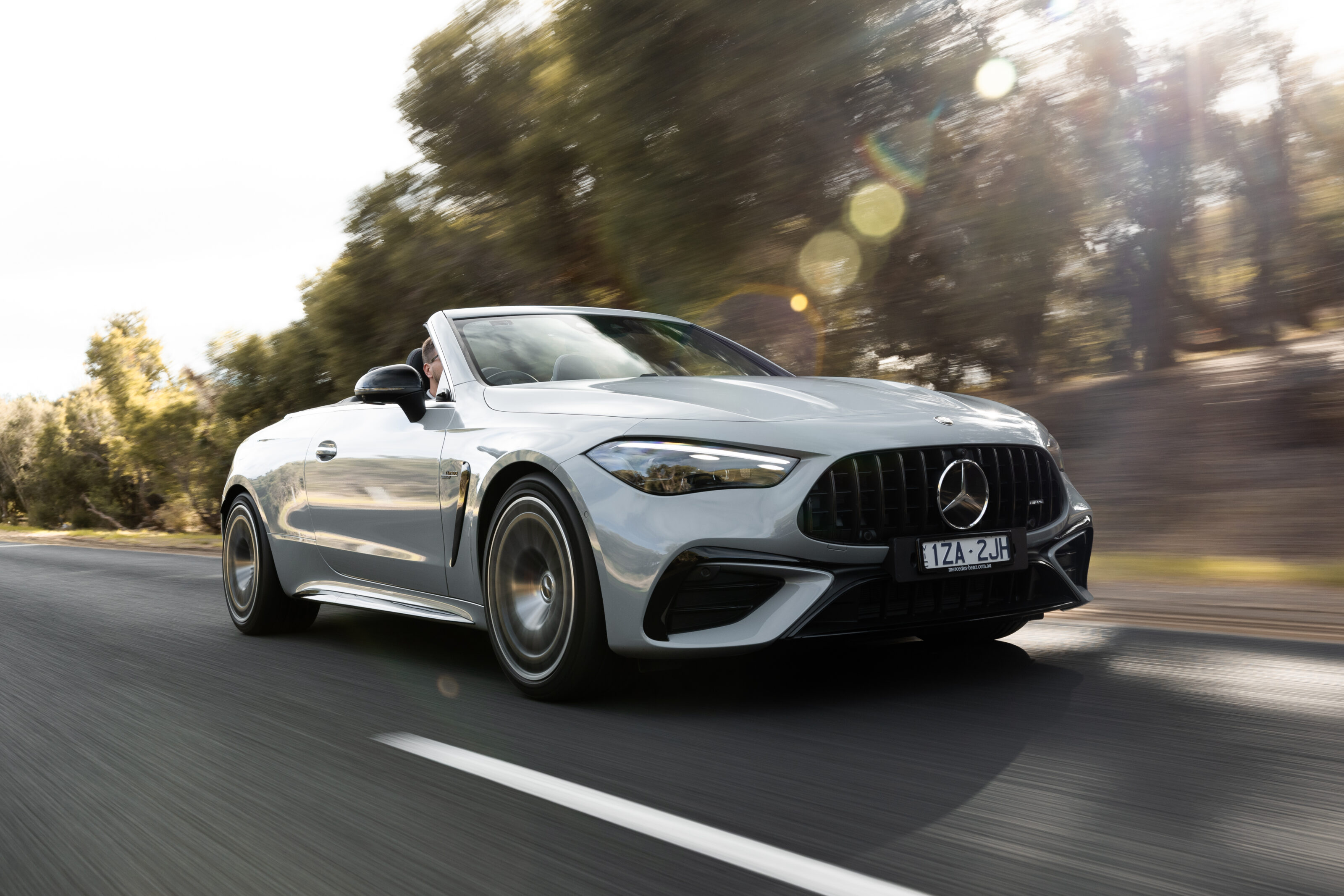BMW is considering continuing with a sportier rear-wheel-drive architecture for its next generation 2-Series Coupe.
The positive reception to the recently arrived 2-Series Coupe has forced an internal debate about whether to shelve all-but-confirmed plans to switch to a more affordable and space-efficient front-wheel-drive platform for the next all-new 2 Series, due in about 2018.
The discussion comes as BMW is gearing up to spread its new front-wheel-drive architecture into more models across the range. That will include the next X1 SUV and, almost certainly, the next-generation 1 Series.
Despite sneering at rivals for choosing front-wheel-drive in the past – BMW has long referred to front-drive as being inferior and with negative handling traits, including a tendency to understeer and poor steering feel – the brand is now embracing the layout that brings packaging, cost and fuel economy benefits.
BMW admits rear-drive is a more dynamic driving experience but the benefits of front-wheel-drive can no longer be ignored.
In November BMW will start selling its first front-wheel-drive car, the 2 Series Active Tourer, which utilises a version of the UKL architecture developed in conjunction with Mini.
Speaking at the launch of the new Active Tourer in Austria overnight, product communications manager Kai Lichte said cars that pulled rather than pushed would become increasingly important for the brand.
“Definitely for the next X1 … it would make sense also for the next 1 Series because from our customer surveys we know that 1 Series customers, most of them, are not mainly focused on driving dynamics,” he said.
BMW engineers said 12 models could potentially be built off the UKL platform (and another 10 Mini variants), although they stressed decisions had not been made on some – including the next 2 Series.
Lichte said BMW would follow arch rival Mercedes-Benz by fitting four-wheel-drive systems to high-performance variants, including any M models.
“It’s a matter of physics. A car with more than 300 horsepower (220kW) to the front wheels … it wouldn’t make sense. You couldn’t bring the power to the road.”
But Lichte said that the 2 Series could stick with a rear-drive layout.
“It might be different for the 2 Series Coupe because these customers are more related to driving dynamics,” said Lichte. “For us there is no need to make the decision right now … there are some more months before we have to decide whether [the next generation] 2 Series is on the front-drive architecture or rear-drive.
“We thought very deeply into front-wheel drive and now the discussion, it starts again, but it wasn’t decided before.”
Lichte said there was a debate raging about which layout would best suit the sportier nature of the 2 Series Coupe and Convertible.
“The discussion is going on. For cost, for example, it would make sense to have it on a front-wheel-drive platform, for driving dynamics it would make sense to have it on a rear-wheel-drive platform.”
Sticking to a well-worn script, BMW executives regularly reinforced that the 3 Series and bigger BMWs – including the 5 Series – would never make the switch to a front-drive configuration.





